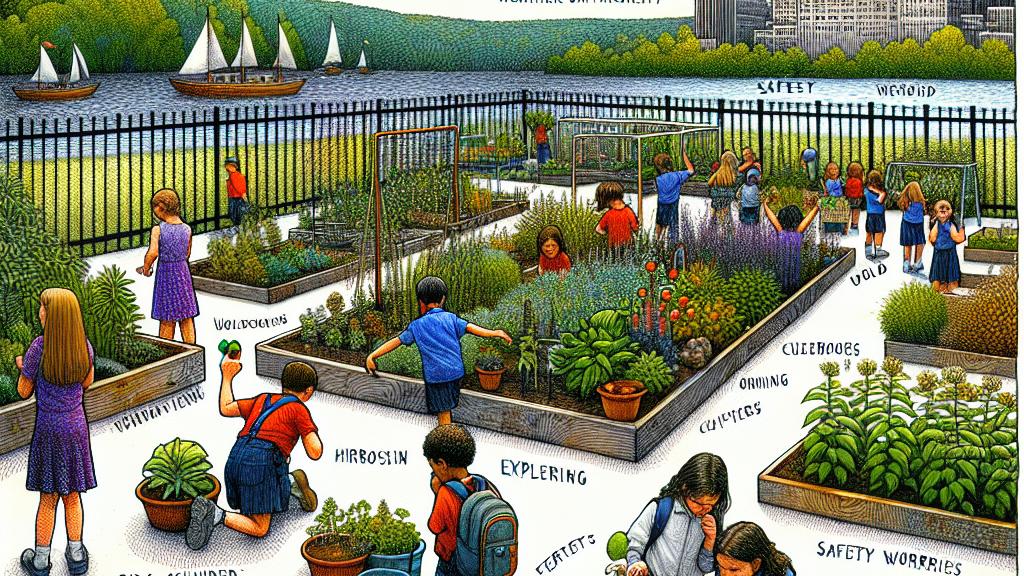How Schools Can Help Students Enjoy Time Outdoors
Overview
- Discover why outdoor time is crucial for children's growth and happiness.
- Understand the common obstacles teachers face in outdoor learning.
- Unlock effective strategies to elevate outdoor activities in schools.

The Importance of Outdoor Time
In the serene landscapes of upstate New York, a groundbreaking study by researchers at Cornell University sheds light on the amazing benefits of outdoor time for students. Engaging with nature doesn't just enhance physical health; it significantly boosts mental well-being, sharpens focus, and supports academic achievement! For example, envision a third-grade classroom venturing into a local garden to learn about plant growth—students are not merely hearing about photosynthesis; they’re witnessing it firsthand! Yet, despite such compelling evidence, many teachers encounter numerous barriers that prevent them from incorporating regular outdoor sessions into their curriculum. Factors such as weather unpredictability, safety worries, and rigid schedules can create substantial hurdles. This initiative aims to transform traditional attitudes, turning outdoor activities from rare events into enriching daily experiences!
Barriers and Innovative Solutions
The study dives deep into the specific barriers that teachers face when trying to take their students outside. Not every school has ready access to green spaces, and oftentimes, teachers feel burdened by the need for safety gear and a well-thought-out plan. To address these challenges, the Cornell team crafted a toolkit bursting with strategies aimed at empowering educators. For instance, they launched a mini-grant program providing up to $300 for each teacher to buy outdoor essentials, such as waterproof gear and educational materials. Picture a first-grade teacher who can now confidently lead her students on a nature walk armed with proper equipment—this investment could be a game-changer! Remarkably, over eight weeks, participating teachers managed to take their classes outside during 78% of the surveyed days, highlighting the transformative effect of such support.
Flexible Strategies for Effective Outdoor Learning
While the overall success in bringing students outside was impressive, the nature of the activities varied considerably. For example, younger children thrived in longer, unstructured outdoor play, which allowed them to explore freely. Such flexibility is not just beneficial; it’s essential. Educators voiced a strong need for adaptable strategies so they can tailor outdoor lessons to meet their students’ unique interests and needs. Imagine conducting an interactive science lesson in a forest setting, where kids can truly connect with their surroundings! However, the researchers stressed that the positive experiences observed might not apply universally across all schools, especially in densely populated urban areas where green spaces are scarce. Moving forward, they hope to address these inequities, ensuring that every child, regardless of their school's location, has the opportunity to enjoy the profound benefits of outdoor learning.

Loading...